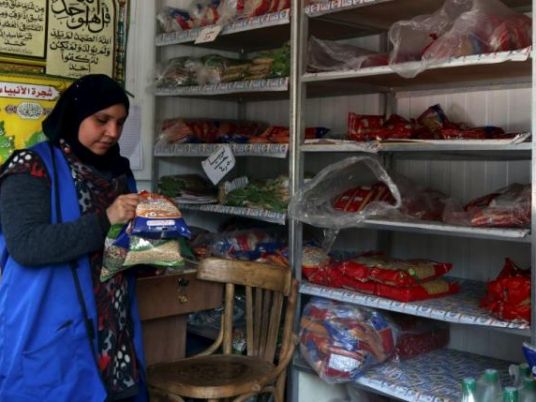
Egypt's government has directed state grains buyer GASC to import 80,000 tonnes of rice "immediately" ahead of the Muslim fasting month of Ramadan, the cabinet said in a statement on Friday.
Egypt produced 3.75 million tonnes of rice in the 2015 season and held over 700,000 tonnes from 2014. Annual rice consumption is generally about 3.3 million tonnes.
But the government's failure to stock up earlier in the season has left it at the mercy of traders, some of whom have been unwilling to sell to the state and are choosing to stockpile instead.
The stockpiling has pushed up the price the government pays for rice by about 50 percent in recent months.
GASC will buy the 80,000 tonnes through direct contracts rather than tenders, GASC Vice Chairman Mamdouh Abdel Fattah told Reuters on Friday, with the shipment due to arrive within a week to 10 days.
GASC has tried three times to hold rice import tenders, but has had to cancel each one either because of low responses or due to prices being deemed too high.
The government has threatened to seek direct contracts to buy rice from abroad if prices offered by traders at its tenders are not reduced but traders say Egypt is insisting on unrealistic prices.
Egypt banned rice exports on April 4 to preserve stocks for the local market and to combat the rising prices.
The government lifted a previous export ban on the crop in October due to an expected surplus and imposed an export tariff of 2,000 Egyptian pounds ($225.2) a tonne, but that decision expired on April 3.
The government statement said Egypt had enough sugar stockpiled to last until the end of the year and enough vegetable oil for the next three months. More vegetable oil would be imported as needed, it said.
However, Yehia Kaseb, head of the food commodities department in Giza, said prices of some foodstuffs had increased by 30 or 40 percent in the run up to Ramadan, highlighting the annual battle the authorities have to control prices ahead of the Muslim holy month.
The price of rice had doubled in some areas, said Kaseb, who is also a member of the The Federation of Egyptian Chambers of Commerce (FEDCOC).
He explained that halting rice exports had helped to lower prices, but supermarkets in Egypt were stockpiling rice in order to raise the retail price at a time of high demand.




